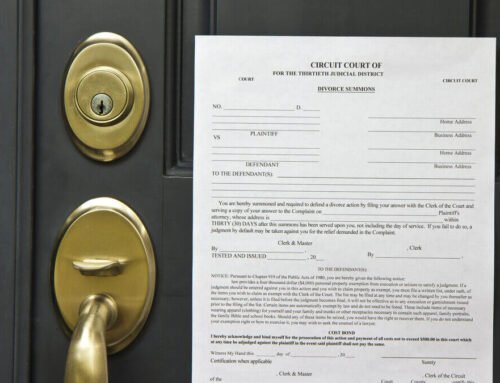
When Your Friend or Family Member Has A Mental Illness, Is Living On The Street, And Needs Help But The Police Can’t Help You
Life can be a very difficult place. People fall on bad times from different life experiences. Relationships end, addictions take over, mental illness becomes too much to manage, people get severely depressed… there are many reasons that lead to homelessness or living out of a car.
During this process the affected persons often lose contact with loved ones, whether from shame or embarrassment, or from lacking the ability to pay for a phone. At the point of losing control of one's life and losing contact with friends and family, a person becomes quite difficult to locate and communicate with.
-
People call us to help them locate friends, family, and loved ones that have fallen on hard times and who are living on the streets. When they get to the point of being unable to get in contact with a person who is likely suffering from depression or mental illness (which is often the case in such situations) we have to approach it in a certain way.
We understand the many ways that a person becomes homeless and we understand the lifestyle and behaviors that go along with it. For over 30 years, I have been helping people track down friends and family in this unfortunate situation.
- How We Help Find Loved Ones Who Are Homeless When the Police Cannot or Will Not
- There are many reasons why police may not be helpful to someone looking for a loved one who is homeless. First of all, police must prioritize cases according to severity and immediacy. Homicides, major robberies, arson, missing children, and sexual assault take priority above all non-life-threatening issues.
- Cases dealing with missing adults, small fraud, romance scams, stalking ex-lovers, and minor criminal activity are not prioritized by the police. Unfortunately, law enforcement is overwhelmed and piled up with urgent cases and simply are unable to help every person who calls them or walks into the police station asking for help.
Police Are Overloaded With Criminal Case Work
Because the police are often too busy with major crimes, we get calls almost daily regarding missing persons or troubled people who have lost contact with those that care for them. When we are looking for a person who has not been in consistent communication with their friends or family, or a person who has lost contact with their loved ones altogether we have to start with the information we are given. We have a conversation with whoever is hiring us to find out as much relevant and helpful information as possible.
- When is the last time that person was seen?
- Where was the last place this person was known to visit?
- Do we have a photo that represents what this person currently looks like?
- Does this person have a pet, like a dog or cat, that they take care of and take with them?
- What issues should we be aware of? i.e. schizophrenia, bipolar, meth addiction, paranoia?
- Who are people/names that this person would recognize, and we can mention to build repour?
- What is this person's history so we have a better understanding of how to approach them?
- Reach out to our contacts in the homeless arenas
- Put together a Missing Poster with the person's photo and basic information
- Create a social media campaign on Facebook, Instagram, and other social media platforms with a call-to-action, asking for information from anyone who may know something
- Hit the streets and start canvassing homeless encampments and areas known to be where homeless hang out
- Interview anyone who may have recently had contact with the person of interest
- Talk to homeless shelters and give them a flyer with our contact info
- Search public parks in the areas where the person is believed to spend time
- Engage drones in certain areas that are hard to physically navigate to search for the person
- Find a location/facility/center that would be a safe spot for the person to stay or recover with the help of friends/family
- If they have a pet, we often canvass veterinarians in the area they are believed to be staying, as people still seek health care for their pets even if they are homeless
- Contact hospitals
- Contact jails
- Contact morgues
- Contact law enforcement and other agencies that deal with homeless
Being Homeless Does Not Necessarily Mean "Living In A Tent"
Most people would be surprised at how resourceful a person in the throes of mental illness, heavy drug addiction, or an emotional breakdown can actually be. It is not uncommon for them to have a pre-paid smart phone or to have a Facebook or Instagram profile that they actively check and engage with. They often make friends or become acquaintances with others living on the street, so this is a rich resource for us as investigators to get information on the person's whereabouts.
Just because someone is homeless, it does not mean they are living in a tent or sleeping in a cardboard box. They may be living out of their car, and they may not even appear to be homeless if they can find places to shower and clean up.
We have had situations where a person is homeless yet stays in hotels with a friend who got some money for the night. This allows us to talk to hotel employees and other on the premises who may have had interaction with them. When living on the streets, people still find ways to make money. They may beg for money, steal money, prostitute, do small jobs, or get unemployment checks. There are so many different levels of "homelessness" and we understand them all.
If you have a friend, family member, or loved one that is living on the streets or simply you have lost contact with, we can help locate them. We reunite missing persons consistently and are happy to help reunite you with your loved one. Need help? Call us today.
Call us today.












Locating and Serving a Person Hard to Find for Legal Action says: